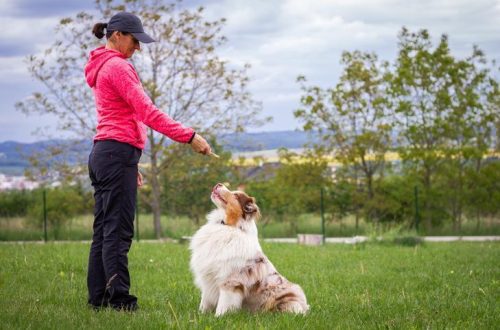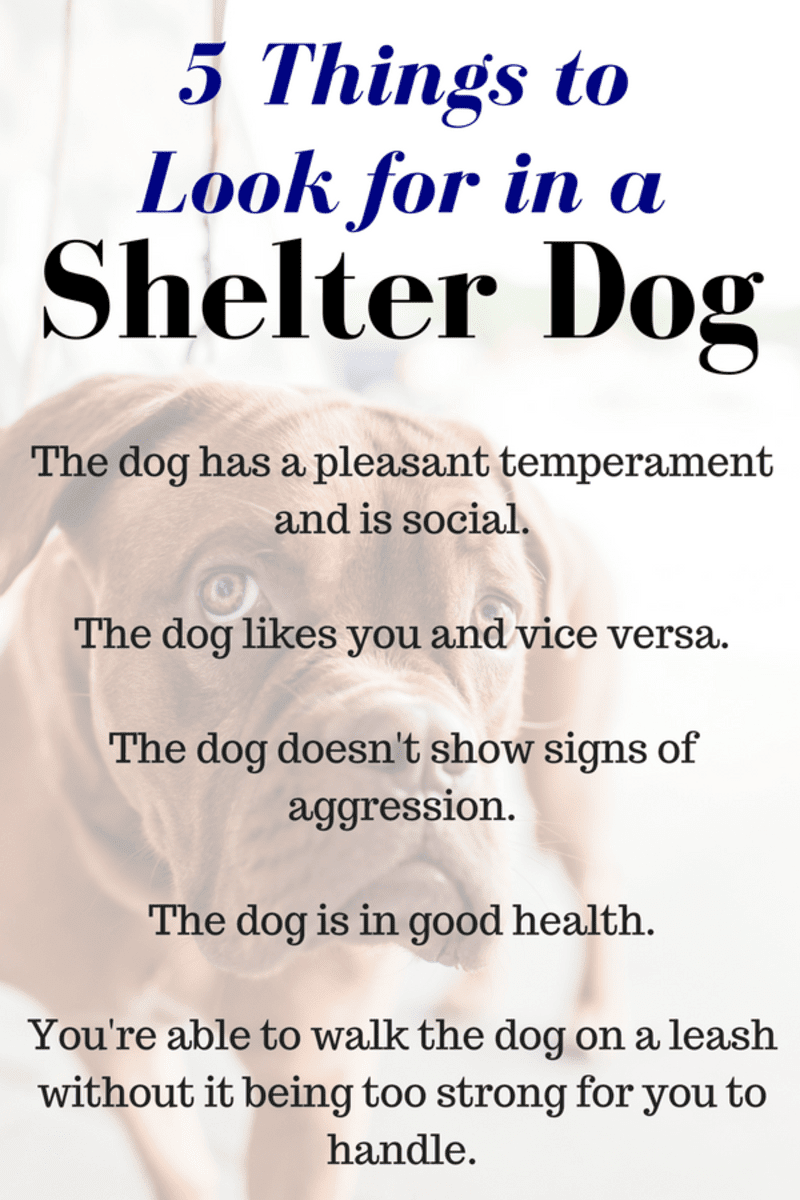
How to choose a dog in a shelter?
You firmly decided to take a dog from a shelter, came there and were confused: there are so many pleading eyes around! If there was an opportunity, they would take everyone, but you can only make one person happy … How to choose a dog in a shelter?
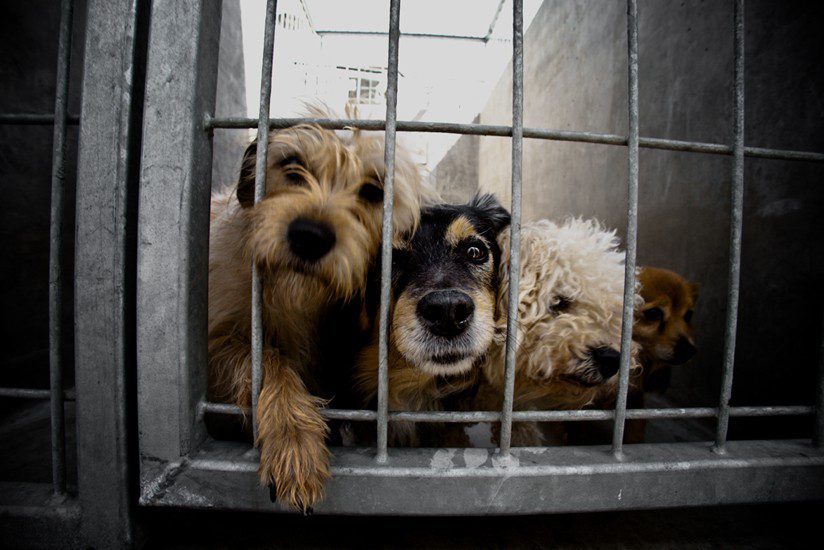
Pictured: dogs at the shelter
There are a few rules that will help you navigate and not regret your choice later.
- One of the most important criteria when choosing a dog, including from a shelter, is temperament and character. If your hobby is watching reality shows on TV, and the dog begins to require a five-hour active walk, you are unlikely to be happy, and it is also likely that the dog will begin to make adjustments to your interior out of boredom. And vice versa – if you dream of joint marathon races, you should not take a dog that clearly does not correspond to your sports ambitions. Think in advance what you want from a dog, and only then, armed with this knowledge, go to choose a pet.
- Assess the dog’s health and your abilities. In any case, a dog from a shelter should be taken to the veterinarian as soon as possible, since the state of health of a new pet can hardly be assessed “by eye”, and shelters do not always have the opportunity to use the services of a veterinarian. But serious illnesses, as a rule, are known immediately. You can also take a dog that obviously requires complex and expensive treatment or significant costs to maintain an acceptable quality of life, if we are talking about a disabled dog, but in this case, soberly assess your capabilities – and not only financial ones. Do you have enough moral strength every day to look at a creature who is inaccessible to many of the joys of life?
- Think about who you will be more comfortable with: with a puppy, an adult dog, or maybe with an elderly wise dog? Each option has its pros and cons. A puppy is an opportunity to raise a dream dog, but the process of raising a dog takes a lot of time and effort. An adult dog can do some things (for example, it can be accustomed to cleanliness), but it may show up behaviors that are not entirely pleasant for you, which can be quite difficult to correct. You can give an older dog a happy sunset of life, but you will have to prepare for the fact that you will have to part with a four-legged friend earlier than if you take a young dog.
- Does the size of your dog matter to you? If everything is more or less predictable with purebred dogs, then it is very difficult to predict how big a pooch puppy will grow from unknown parents. So if size matters, choose a teen or adult dog. By the way, the size of the dog is by no means directly related to how much space it will occupy at home. It happens that a large dog lies quietly in its corner, and it is not seen or heard, and a tiny dog manages to get under your feet every second, wherever you go.
- Pay attention to appearance. Beauty is a subjective concept: someone likes bulldogs, and someone is thrilled by terriers or “wolf-like” huskies, and among mestizos the variety of types is much wider than among purebred dogs. So there is always the opportunity to choose the one you like.
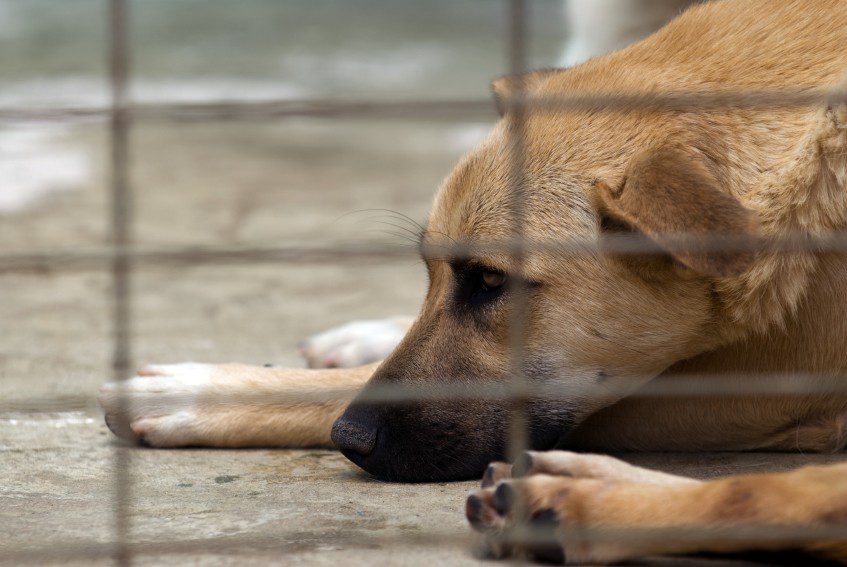
In the photo: a dog in a shelter
If you choose a dog that is not suitable for you or your family, you can make everyone unhappy: both animal and people. It’s not a fact that you will be able to change a pet “for yourself”, and people themselves are rarely ready to change in order to fit a new family member and provide him with a comfortable life.
But there are exceptions. Sometimes people who get a dog that is not quite suitable, but for which “love at first sight” arose, change their lifestyle, study cynology to help the dog cope with problems, become specialists in the field of veterinary medicine … and live happily in the company of a new friend.
Still, the main thing is to correctly assess your own strengths.
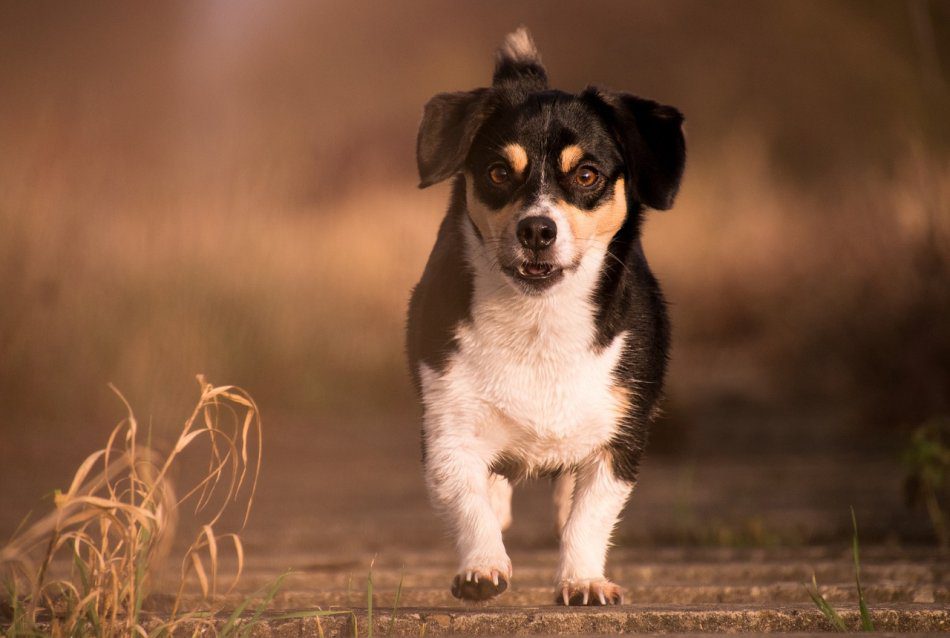
If you decide to adopt a dog from a shelter:
Shelters in Belarus Shelters in Russia Shelters in Ukraine«





